For the first time in over a hundred years, a new pope has revived a name steeped in tradition. But behind the choice lies a quiet message — one that may define his entire papacy.
When white smoke curled above the Sistine Chapel and the name Leo XIV echoed across St. Peter’s Square, the historical weight of the choice struck many in the crowd. Leo is no ordinary papal name. It carries with it a deep legacy and Pope Leo XIV has now joined a lineage shaped by strength, justice, and dignity.
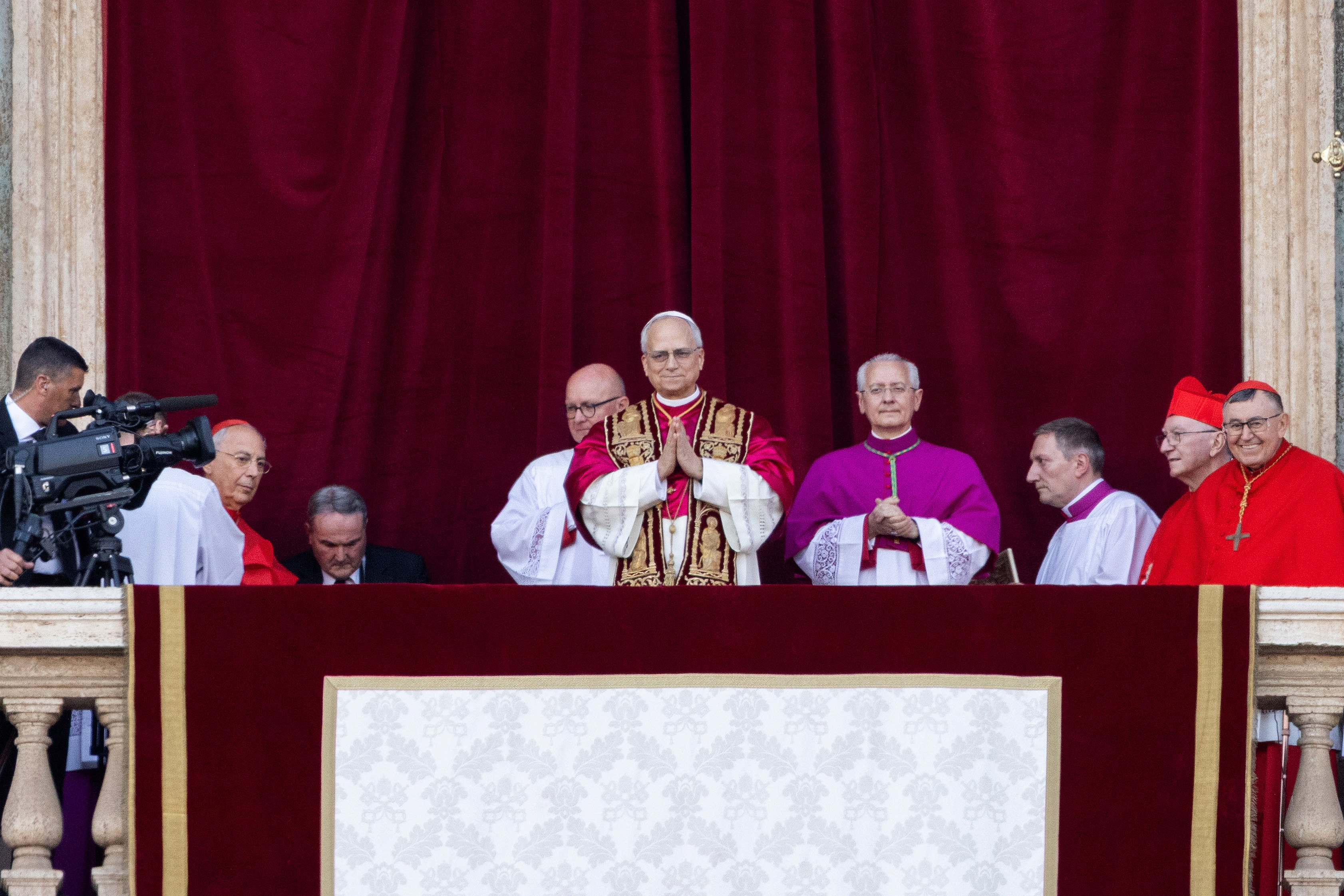
Cardinals gather in Vatican City as the newly elected Pope Leo XIV appears for the first time on the Vatican balcony on May 8, 2025 | Source: Getty Images
According to the Holy See, the name is a direct reference to Leo XIII, the last pontiff to bear the title. Speaking to reporters on Thursday, the director of the Holy See confirmed that Leo is the fifth most popular name chosen by popes. Yet this choice is more than popular tradition — it’s symbolic.
Leo XIII, who served as pope from 1878 to 1903, was a towering figure in Church history. His most enduring legacy lies in his encyclical Rerum Novarum — Latin for “Of New Things.” The document is widely recognized as the foundation of the Catholic Church’s modern social doctrine.
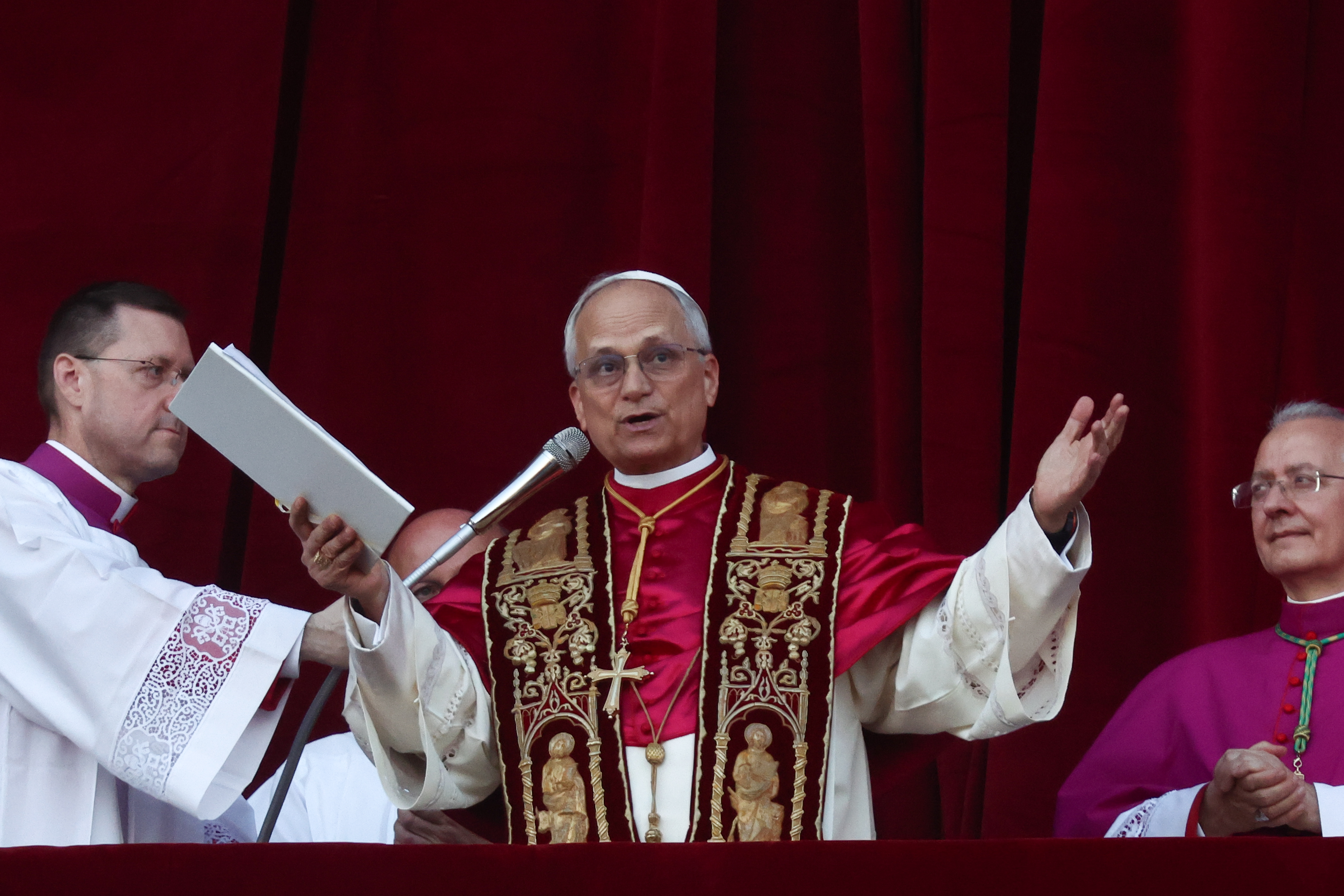
Cardinal Robert Prevost, newly elected as Pope Leo XIV, delivers his first public address from the balcony of Saint Peter’s Basilica on May 8, 2025 | Source: Getty Images
“Looking to the history, Leos were strong popes,” said Father Vito Crincoli, speaking to ABC News. “Like Leo XIII, he loved his people. He loved his people. His people, he considered man not a machine. A man’s work was a reflection of his dignity.”
Father Crincoli reflected on the name choice, acknowledging that its full significance remains unclear and remarking that it would be interesting to learn the reason behind Pope Leo XIV’s decision.
While not mandatory, every pope in the last 470 years has chosen a new name upon taking office. The act of renaming is steeped in tradition. Most often, popes select the name of a predecessor, signaling a desire to honor and emulate their legacy.
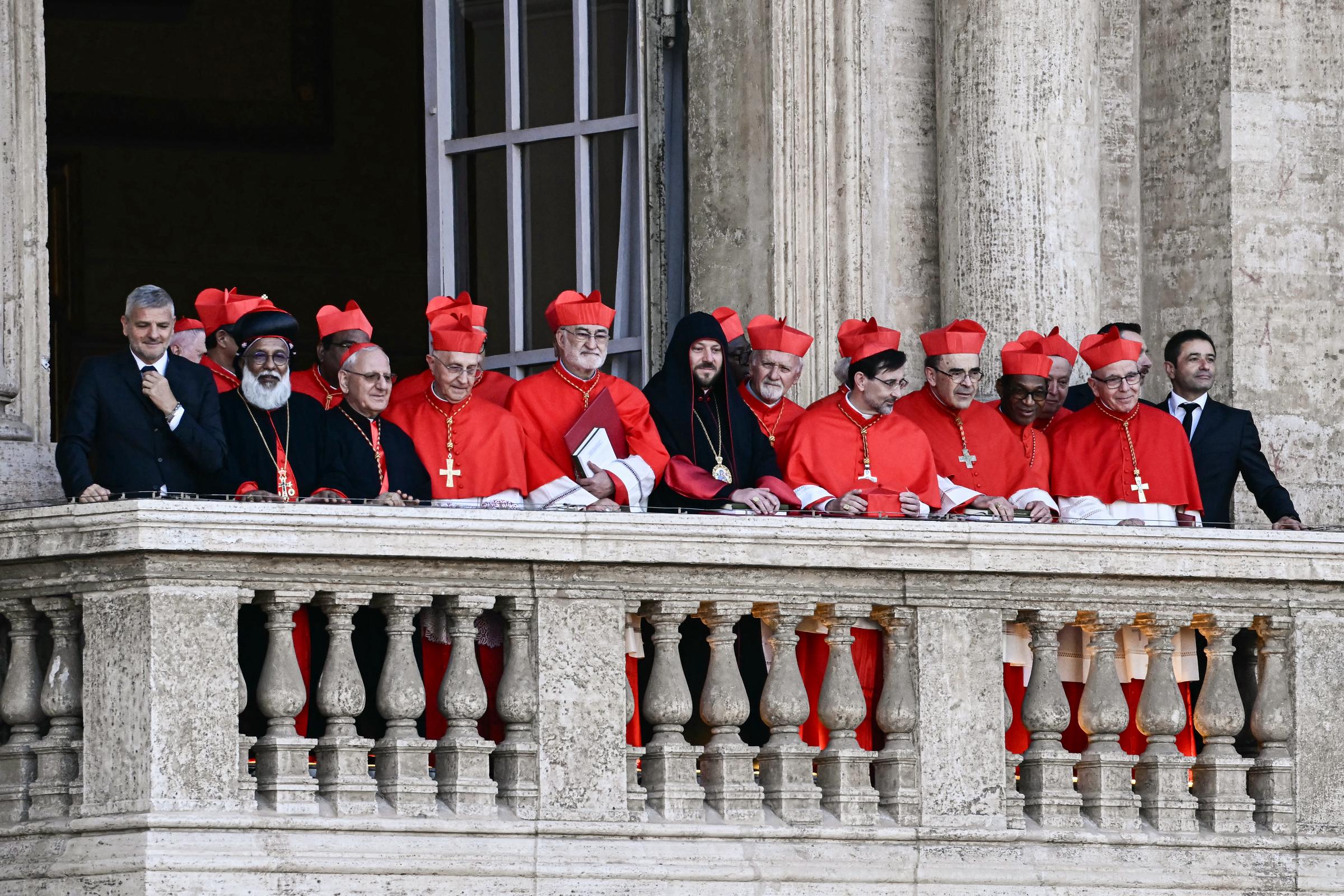
Cardinals at a balcony of the St Peter’s Basilica / Source: Getty Images
Pope Leo XIV’s decision to revive the name Leo suggests such an intention — a possible alignment with the values and vision of Leo XIII. Notably, Pope Francis broke with that convention, selecting instead the name of St. Francis of Assisi, a beloved saint known for humility and care for the environment.
But in choosing Leo, the current pontiff may be anchoring his future to the Church’s longstanding commitment to social justice. Pope Leo XIV’s name is more than a tribute. It is a strategic signal — one that scholars and theologians say reflects both continuity and intent.
She indicated that by selecting this name, the new pope is signaling that social justice will be a priority and that he intends to continue much of the work begun by Pope Francis. By invoking Leo XIII, she added, the new pontiff appears ready to advance that tradition of confronting societal injustices.
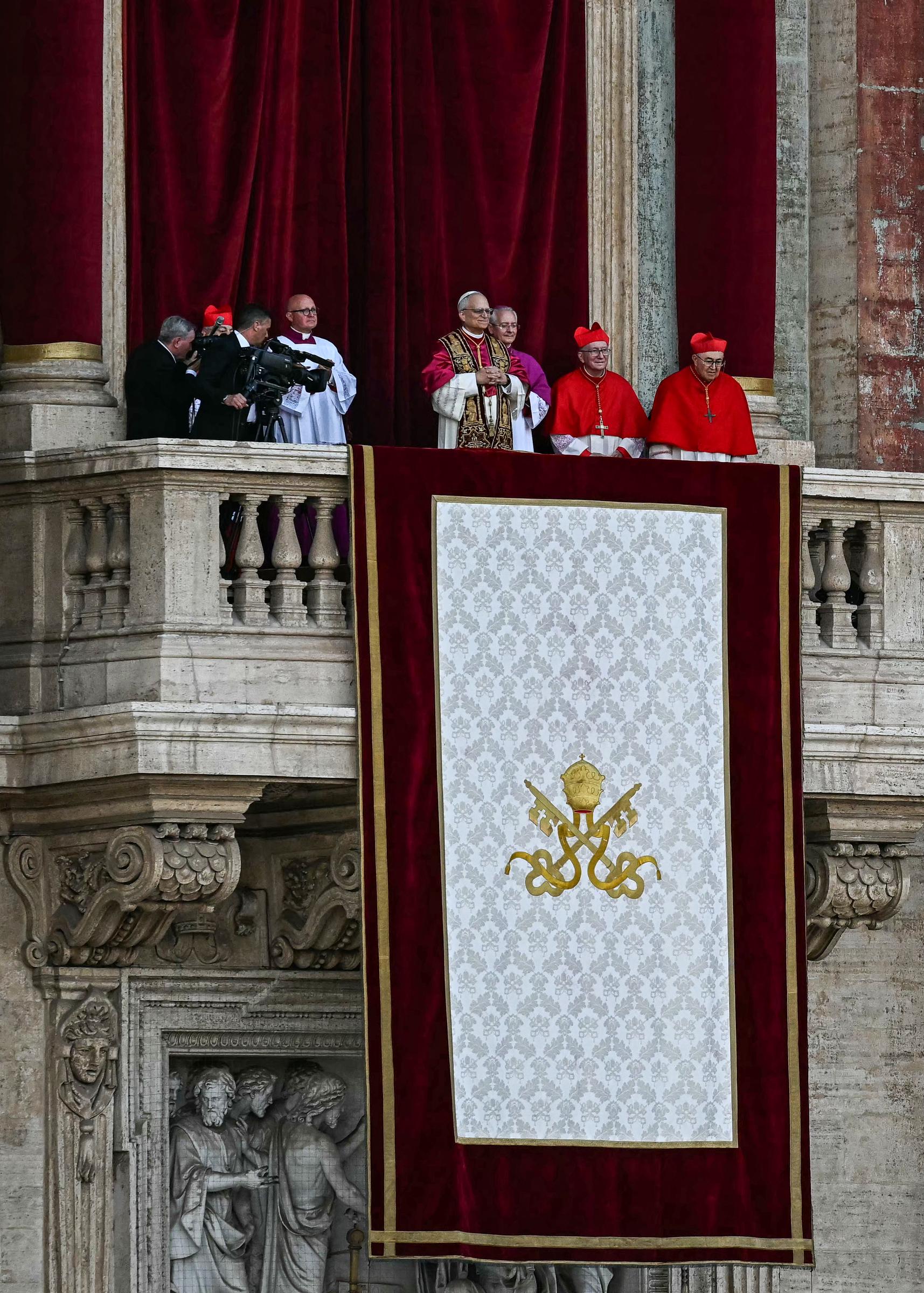
Newly elected Pope Leo XIV, Robert Francis Prevost / Source: Getty Images
Theologian Dennis Doyle, professor emeritus at the University of Dayton, emphasized the symbolic weight of a papal name, noting that it reflects the spirit, direction, and vision the new pope intends to bring to his leadership.
The name Leo has a long history. Thirteen popes have claimed the name before, beginning with Pope Leo I, or Leo the Great, who reigned from 440 to 461. Known for his theological leadership and political courage, Leo I famously persuaded Attila the Hun not to attack Rome.
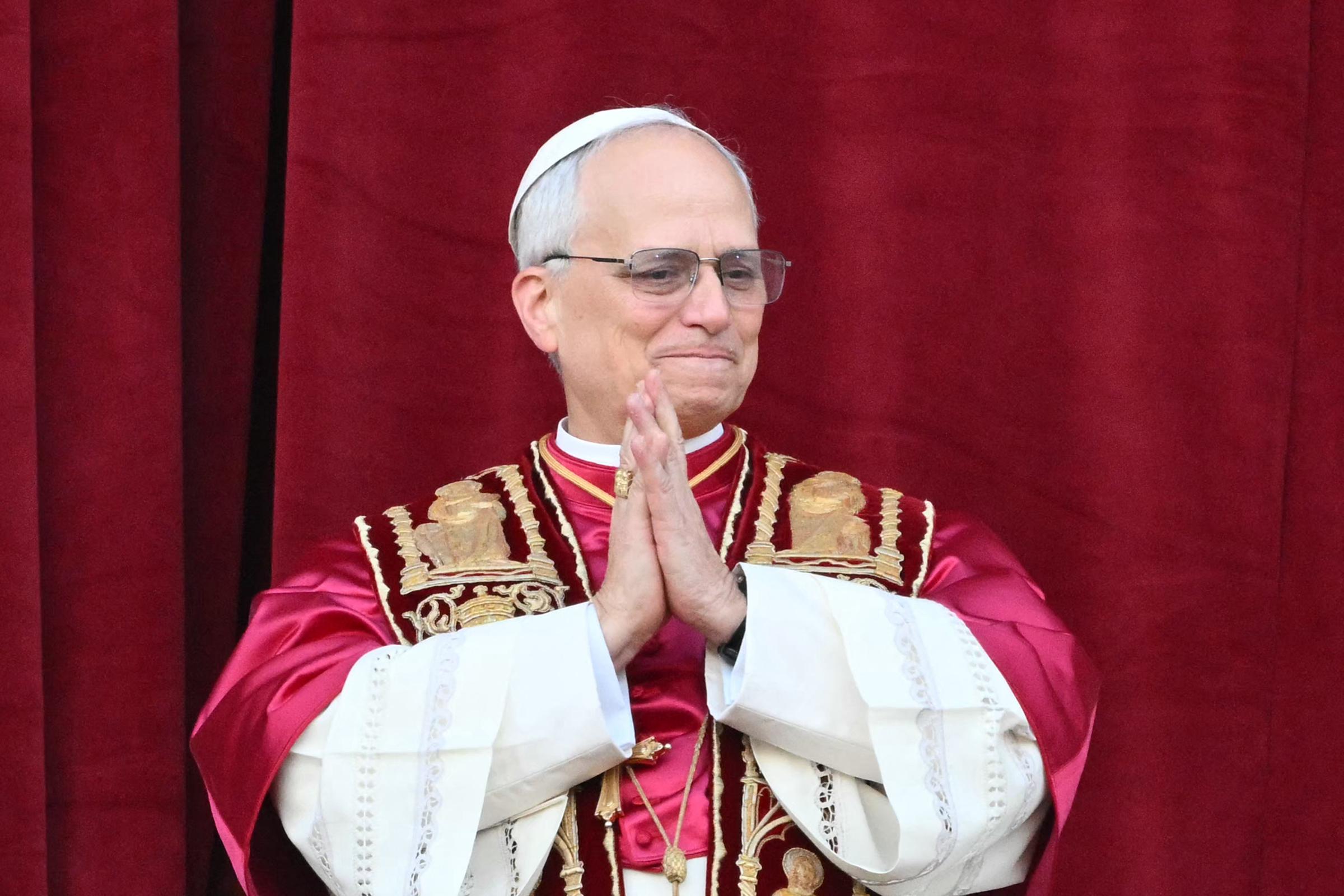
Newly elected Pope Leo XIV, Robert Francis Prevost / Source: Getty Images
According to Candida Moss, a CBS News papal contributor, the choice of name could suggest that the new pope intends to confront oppressive political forces, much like his namesake. She also highlighted Leo I’s legacy as a significant intellectual and theological reformer.
He wrote the document, Tome of Leo which played a defining role in early Church doctrine. Pope Leo XIV, who holds a doctorate in canon law, may echo that legacy by clarifying Catholic teachings on contemporary issues.
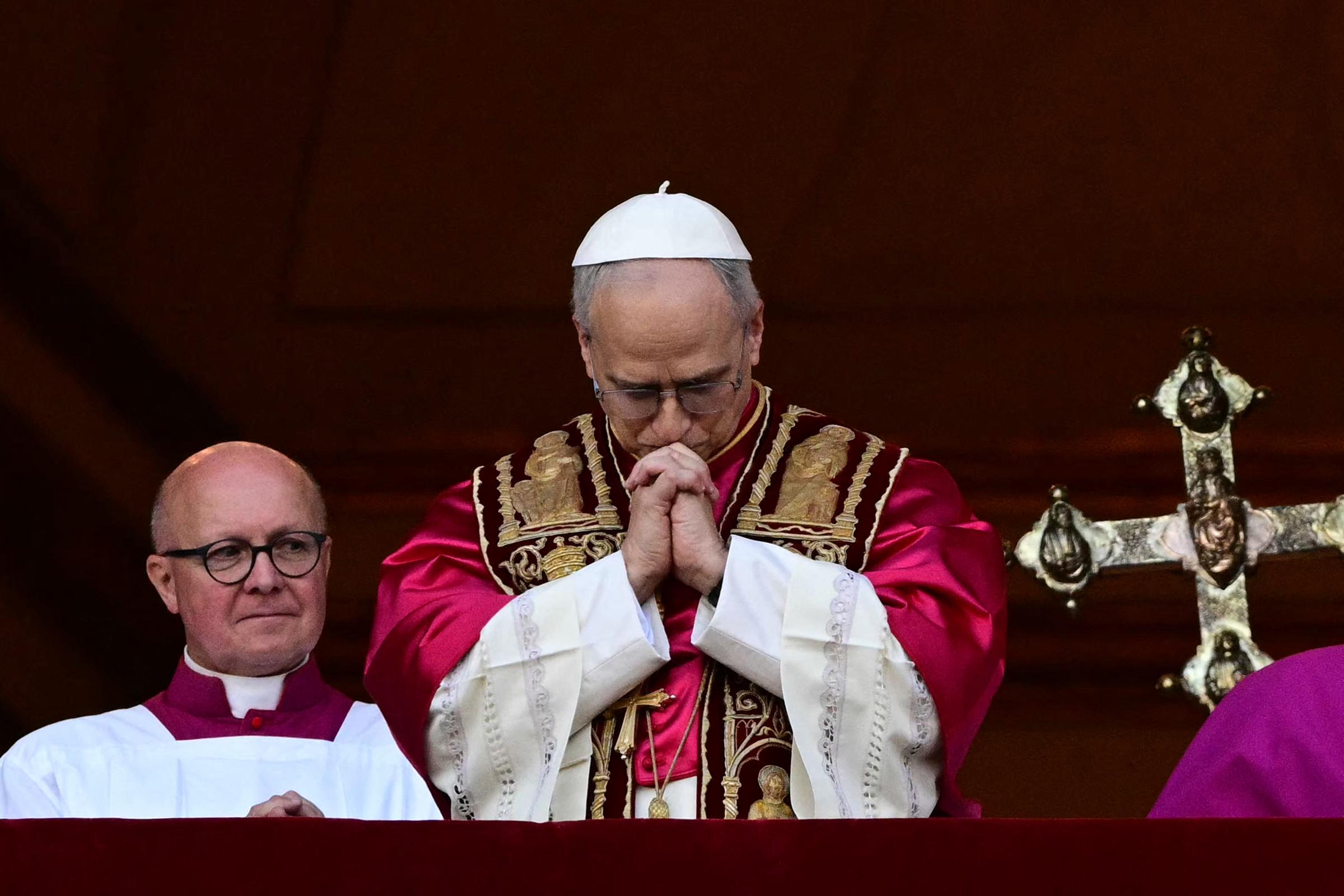
Newly elected Pope Leo XIV, Robert Francis Prevost / Source: Getty Images
Bishop Robert Barron, of the Diocese of Winona-Rochester, also underscored the relevance. “Leo represents a very nuanced, intelligent engagement with modernity,” he explained.
At a time when the Church once resisted sweeping societal change, Leo XIII carved a path of engagement — neither full acceptance nor outright rejection. “That makes him a bridge figure,” Barron said.
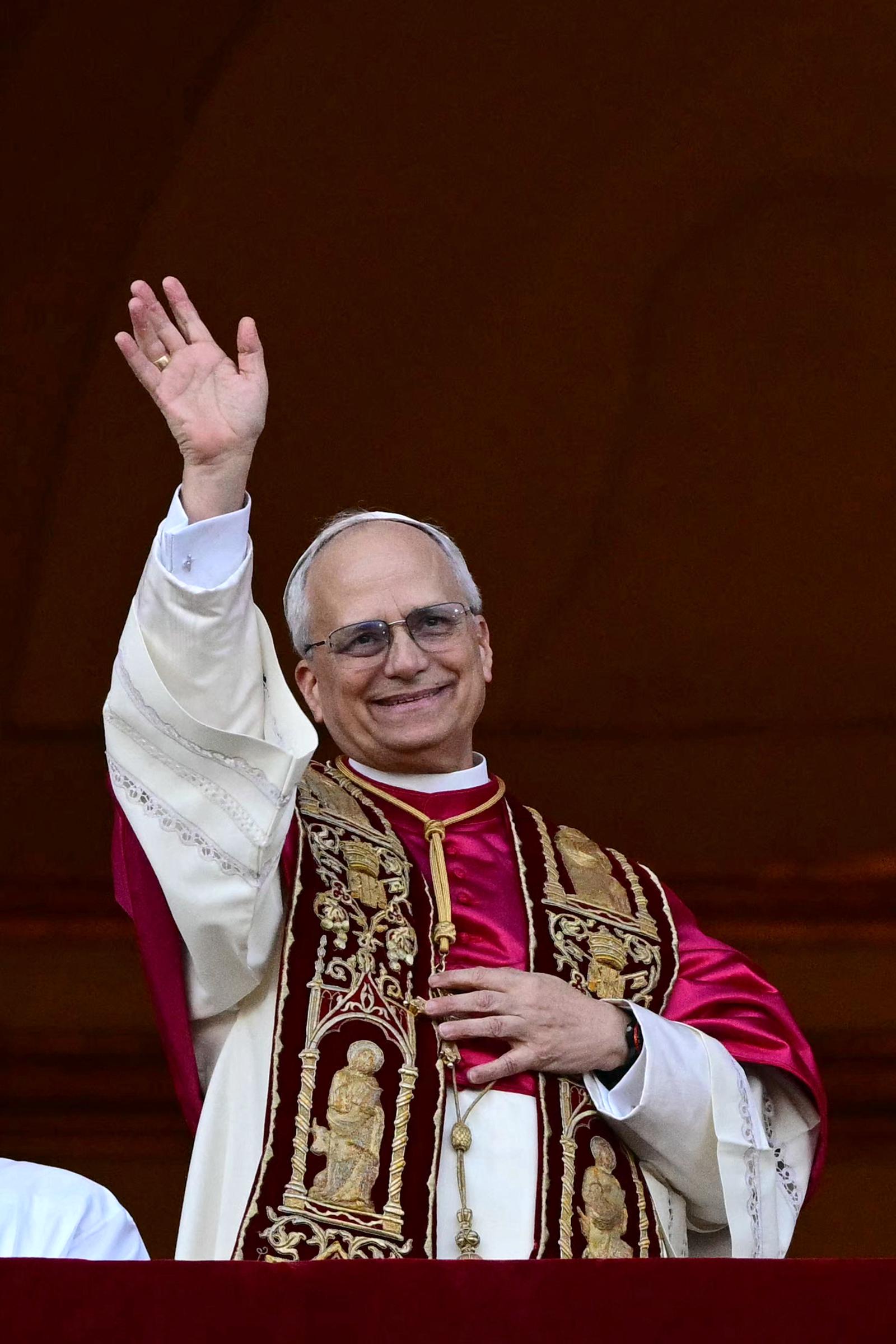
Newly elected Pope Leo XIV, Robert Francis Prevost / Source: Getty Images
Pope Leo XIV was elected on Thursday, May 8. As the newly elected Pope, he stepped out onto the Central Loggia of St. Peter’s Basilica and addressed a watching world with humility, continuity, and hope.
In his first speech, Pope Leo XIV acknowledged the legacy of his predecessor. He thanked Pope Francis, whose papacy left a lasting imprint on the Church through its emphasis on mercy, ecological justice, and global solidarity.
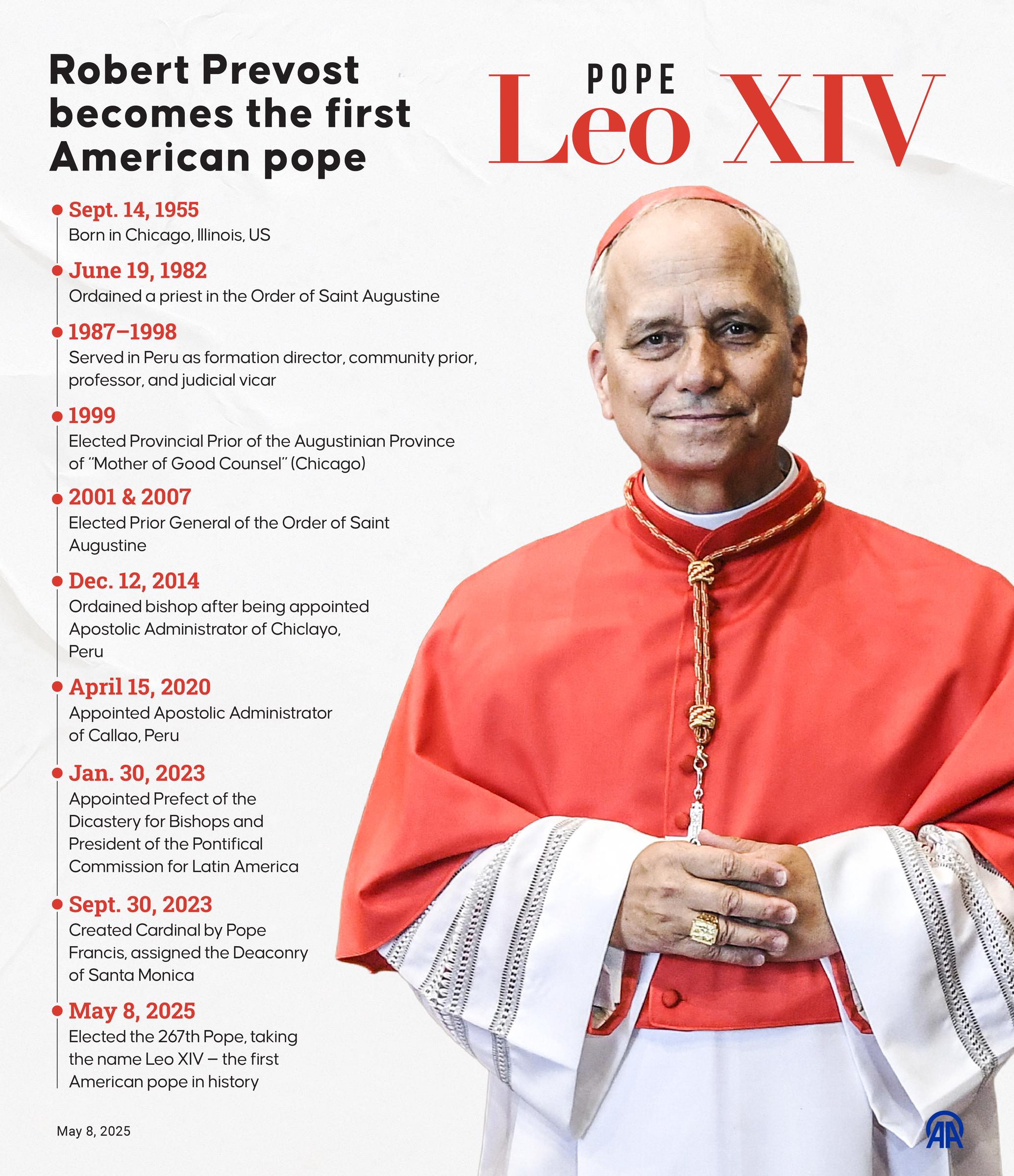
Newly elected Pope Leo XIV, Robert Francis Prevost / Source: Getty Images
“We can still hear the faint yet ever courageous voice of Pope Francis,” Leo XIV said, “as he blessed Rome, the Pope who blessed Rome, who gave his blessing to the world, the whole world, on the morning of Easter.”
Drawing on that spirit, the new pope extended his message of reassurance and unity. “Allow me to extend that same blessing,” he declared. His words echoed across the square and beyond — not only a call to faith, but a vision of collective purpose.
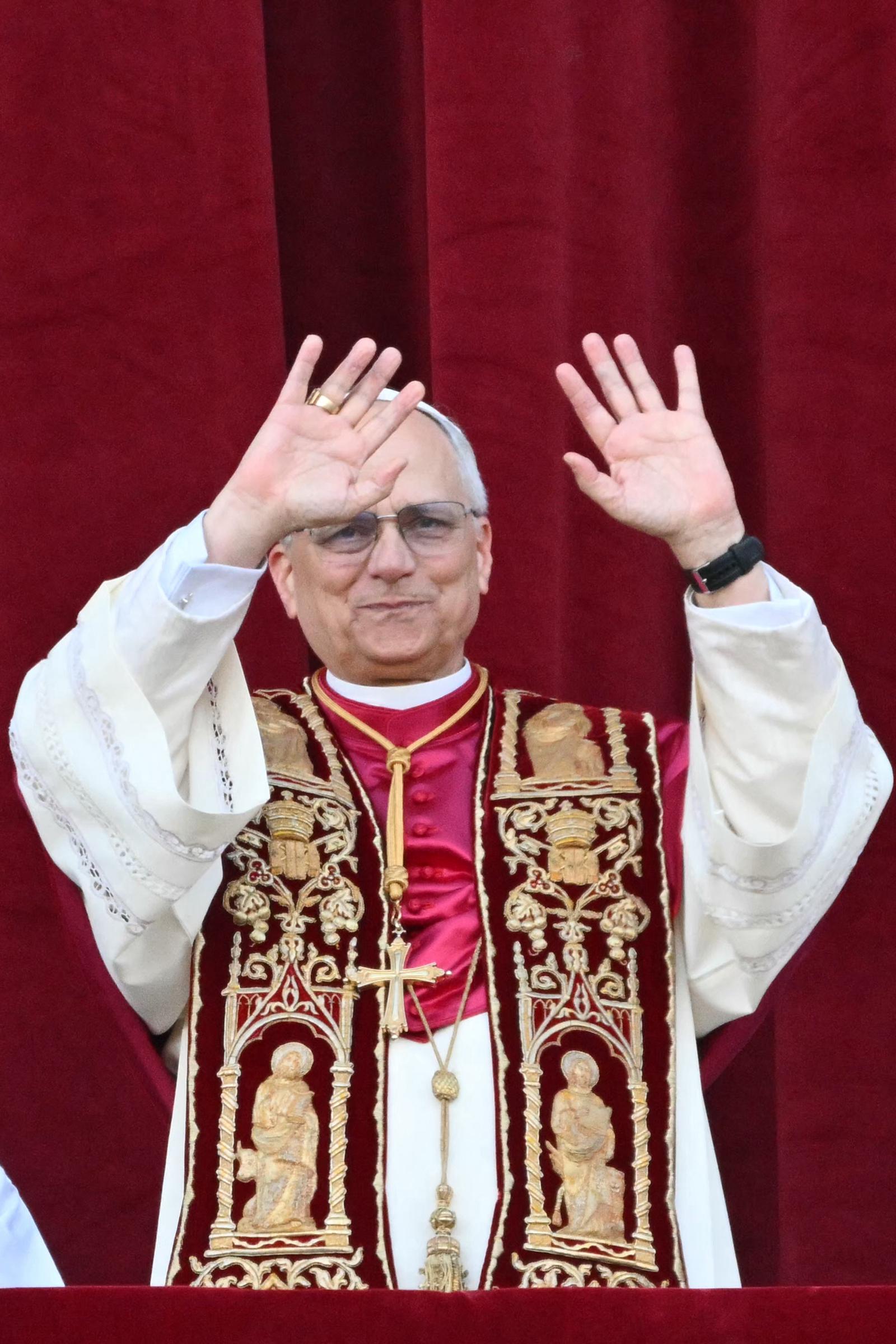
Newly elected Pope Leo XIV, Robert Francis Prevost / Source: Getty Images
“I am an Augustinian, a son of Saint Augustine, who once said, ‘With you I am a Christian, and for you I am a bishop,'” he said. “In this sense, all of us can journey together toward the homeland that God has prepared for us.”
As he begins his pontificate, his first words offer a glimpse into the tone and direction of his leadership — one shaped by legacy, and shared faith.


